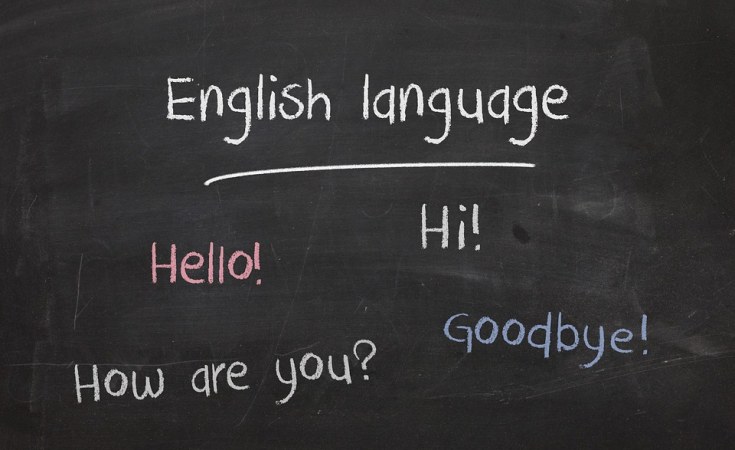The Federal Executive Council, FEC, on Wednesday approved a new National Language Policy which makes the mother tongue a compulsory medium of instruction from Primary one to six.
The Minister of Education, Mallam Adamu Adamu disclosed this while briefing State House correspondents at the end of the weekly FEC meeting presided over by President Muhammadu Buhari at the Council Chamber, Presidential Villa, Abuja.
The Minister said the government is aware that implementation will be challenging, nevertheless, he said that for the first six years of education, the mother tongue will be the only medium of instruction, adding that it would be combined with English starting from secondary school.
Adamu said even though the policy has officially taken effect, it can only be fully implemented when government develops instructional materials and qualified teachers available.
He explained that the mother tongue to be used in each school will be the dominant language spoken by the community where it is located.
The Minister lamented that so much has been lost owing to the extinction of some local languages and stated that government is determined to preserve cultures and their particular quirks.
He assured that all Nigerian languages are equal and will be treated as such.
According to him: "A memo on national policy was approved by the council. So, Nigeria now has a National Language Policy and the details will be given later by the ministry.
"One of the highlights is that the government has agreed now that henceforth, instruction in primary schools; the first six years of learning will be in the mother tongue.
"The policy says that the language of the immediate community is a very large concentration of people but they speak so many languages, the language there to be chosen is the language the community communicate with but other Nigerian languages, the policy encourages their teaching and their learning, in addition, the teaching of other international languages or subjects will continue for instance in primary one to six will be learning."
The Minister said the decision is only in principle for now because it will require a lot of work to implement it.
"Theoretically, this policy starts from today (Wednesday), but the use of mother tongue is exclusive but we need time to develop the material, get the teachers and so on since the first six years of school should be in the mother tongue, whereby the language of the host community is what will be used.
"Because we have 625 languages at the last count and the objective of this policy is to promote and enhance the cultivation and use of all Nigerian languages."
Adamu said the council also approved a consultancy services agreement between Joint Admission and Matriculation Board (JAMB) and a private company, for the upgrade of the portal on which the Board records candidates seeking admission into higher institutions of learning.
The council also approved police property in Maitama in the Federal Capital Territory to be developed for benefit of senior officers, through a PPP arrangement with Cosgrove Consortium.
The Minister of Information and Culture, Lai Mohammed, who briefed on the ministry's behalf, explained that out of the 39 units of houses the police will get 15, while Cosgrove will manage 24 houses for a number of years before handing over to the Police.
In the meantime, 1.5 per cent of rent from the 24 housing units will go to the police until then.
The Minister of State for Budget and National Planning, Clement Agba on his part said, the council discussed the 2022 GDP indicators and performance for the third quarter. He said there was 2.25 per cent improvement, though lower than four per cent of the same time last year.


